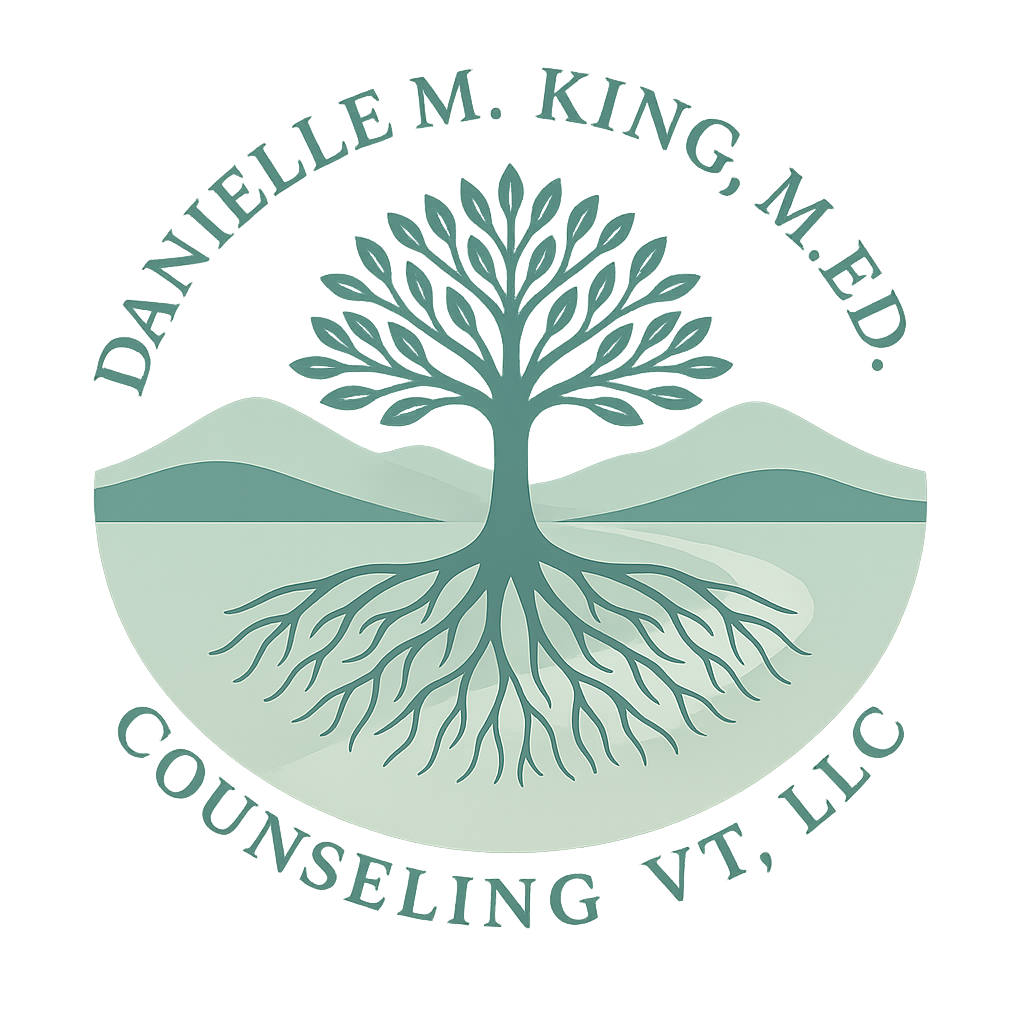
Parenting a Child with ADHD: Navigating Big Feelings, Daily Chaos, and Deep Love
If you’re parenting a child with ADHD, you already know it’s not about “bad behavior” or “not trying hard enough.” It’s about living with a brain wired for intensity—of thought, emotion, movement, and reaction. And while that intensity can bring creativity, passion, and originality, it can also bring exhaustion, self-doubt, and daily conflict.

To the Parent Who Yells More Than They Want To (But Loves Their Kids Fiercely)
Dear parent,
You love your kids. That’s never been the question.
You would do anything for them—sacrifice sleep, sanity, and time to yourself; read parenting books at 2 a.m.; pour yourself into creating a better childhood than the one you had.
You’re not checked out. You’re all in. And yet—sometimes you yell. Maybe more than you’d like to admit…
Maybe in the mornings when no one is listening.
Maybe when the house is loud and the messes are everywhere and your body is buzzing with urgency.
Maybe when your kids push back and push back and you feel like you’re going to come undone.
And then comes the guilt. The tight throat. The “I shouldn’t have yelled” spiral.
If this is you, I want you to hear something that might be hard to believe:

Intrusive Thoughts After Birth: What No One Talks About
Bringing a new baby into the world can be beautiful and awe-inspiring—and also deeply unsettling. Amid the sleep deprivation, hormone shifts, and identity changes, many new parents experience something that’s rarely spoken about: intrusive thoughts.
These thoughts can be disturbing, confusing, and terrifying. And because they’re so taboo, they often go unspoken—even in therapy. But here’s the truth: intrusive thoughts after birth are incredibly common, and having them doesn’t mean something is wrong with you.

The Grief No One Sees: Disenfranchised Loss in the Perinatal Period
Not all grief is visible. Not all loss is acknowledged.
If you’ve experienced miscarriage, stillbirth, a traumatic birth, infertility, the loss of a hoped-for experience, or even a complicated relationship with motherhood itself—you may be living with what’s called disenfranchised grief.

When Someone You Love Has an Eating Disorder
As a therapist, I’ve supported individuals and families impacted by eating disorders, but I also bring the perspective of a mother. My young adult daughter was diagnosed with Avoidant/Restrictive Food Intake Disorder (ARFID) as a teenager. Navigating her recovery taught me firsthand how complex, confusing, and emotionally taxing this journey can be—from both sides of the relationship.

What Is Self-Led Parenting
Parenting brings out every part of us—the tender, the fierce, the reactive, the tired. One minute, we’re calm and grounded. The next, we’re overwhelmed by our child’s big emotions, our own unmet needs, or a part of us that feels like it’s failing.
If you’ve ever felt this way, you’re not broken—you’re human. And you’re not alone.

You Don’t Have to Do This Alone: A Note to the Overwhelmed Parent
There’s a particular kind of loneliness that comes with emotional overwhelm. Maybe you’re trying to hold it all together after having a baby. Maybe you’re grieving a loss others struggle to understand. Maybe you’re parenting a child with needs that feel bigger than your capacity.
You might be doing everything you can to show up—for your family, your work, your community—while feeling like you’re falling apart inside.
If that’s you, I want you to know this: you don’t have to do this alone.
